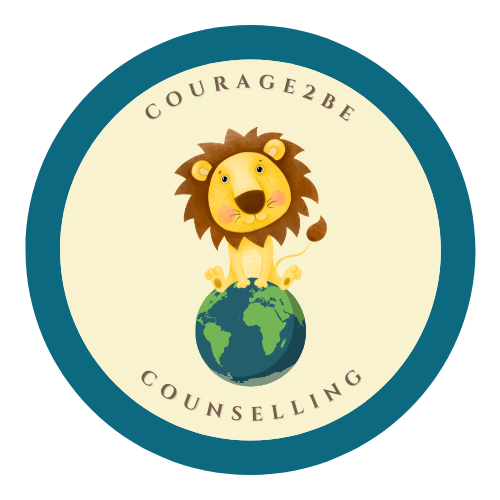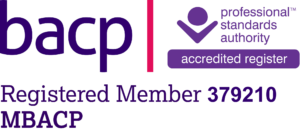PARENT/GUARDIAN
ASSESSMENTS
Parent/Guardian Assessments are valuable therefore, for the following reasons:
Building rapport with Parents/Guardians ~ Supporting you in supporting your young person through their difficulties and through the counselling process is very important to us. You are not alone in navigating your distressed young person. It’s important that you can build trust in a way of working that will benefit you and your young person.
Assessing attitudes towards counselling. ~ Due to a lack of autonomy and power for young people in general, change will likely require an openness to new ways of relating. Change is likely to require adjustments within the whole family and/or school unit as the young person does not function in isolation of these contexts. Counselling is not a ‘magic-wand’ fix. It requires working in partnership with family members and other involved professionals where appropriate.
Managing Expectations ~ Not only about the therapeutic process, but there is the opportunity here to explore behavioural expectations of the young person, based on a Parent/Guardian’s own upbringing, the young persons development and any diagnosis that the young person may have. Here, power dynamics, parenting styles or different parenting styles & communication or a lack of communication within the family unit can often contribute to feelings of frustrating, anxiety, anger & powerlessness.
Understanding who the client is ~ Sometimes when a young person is referred for counselling due to difficulties with anger, behaviour or anxiety, it becomes clearer in the assessment that these are symptoms manifested from fractured family dynamics or relationships. The assessment can help determine whether the young person is the client requiring support from family and other contexts or whether the family as a whole is the client, stuck in how to move forward together as a unit.
Understanding a bigger picture ~ Gathering a wealth of information, not only provides understanding of who the client is, but when working with young people it helps to provide context to hold in mind when considering what interventions to use within the therapeutic process.
Positive Therapeutic Outcomes ~ Good Mental health and wellbeing is largely relational. Understanding how we relate to ourselves, others and the world around us is key in identifying unhealthy patterns of relating that may be causing mental health difficulties. Therefore the healing is also relational. Forming strong non judgemental and informative working relationships with Parents/Guardians as well as young clients, is vital to the success of therapy.

